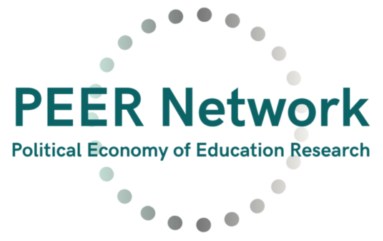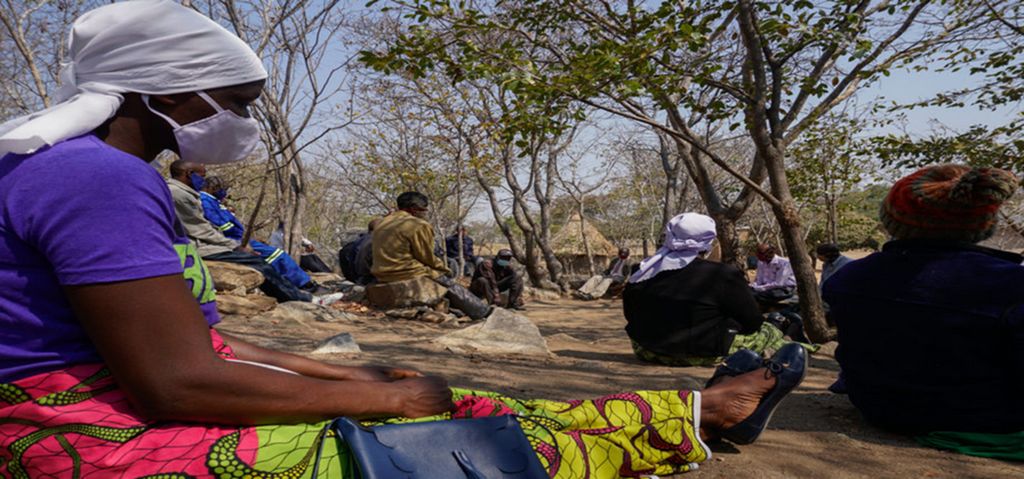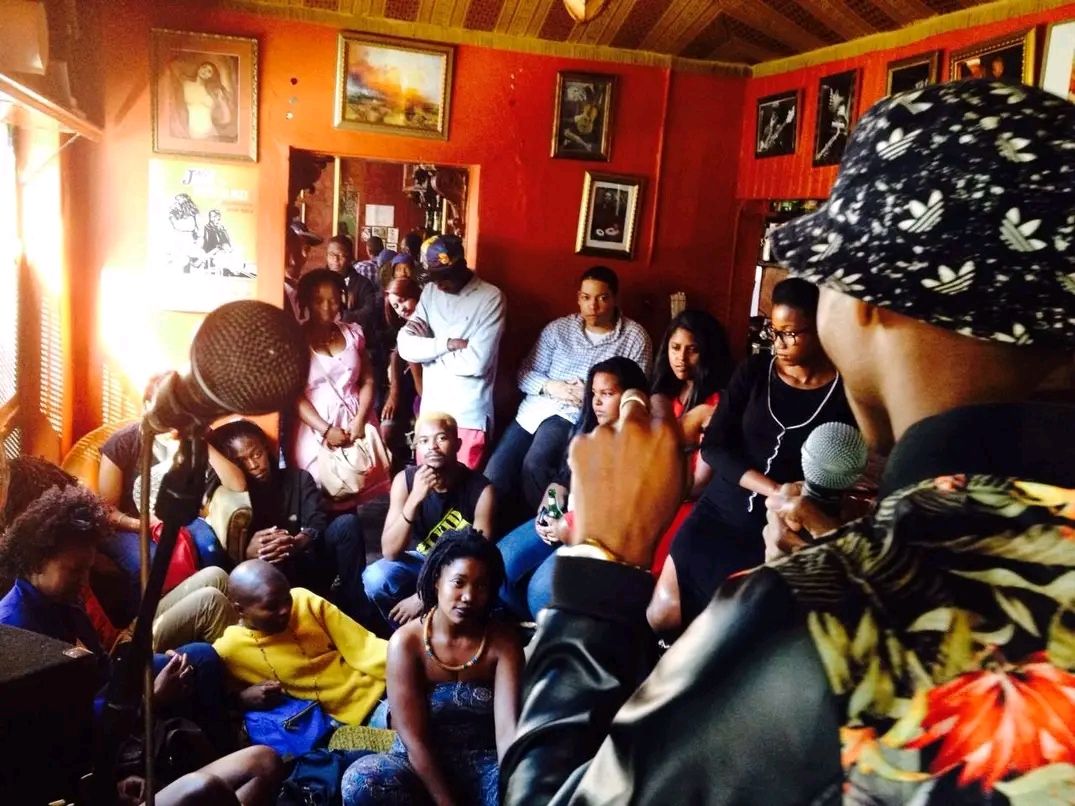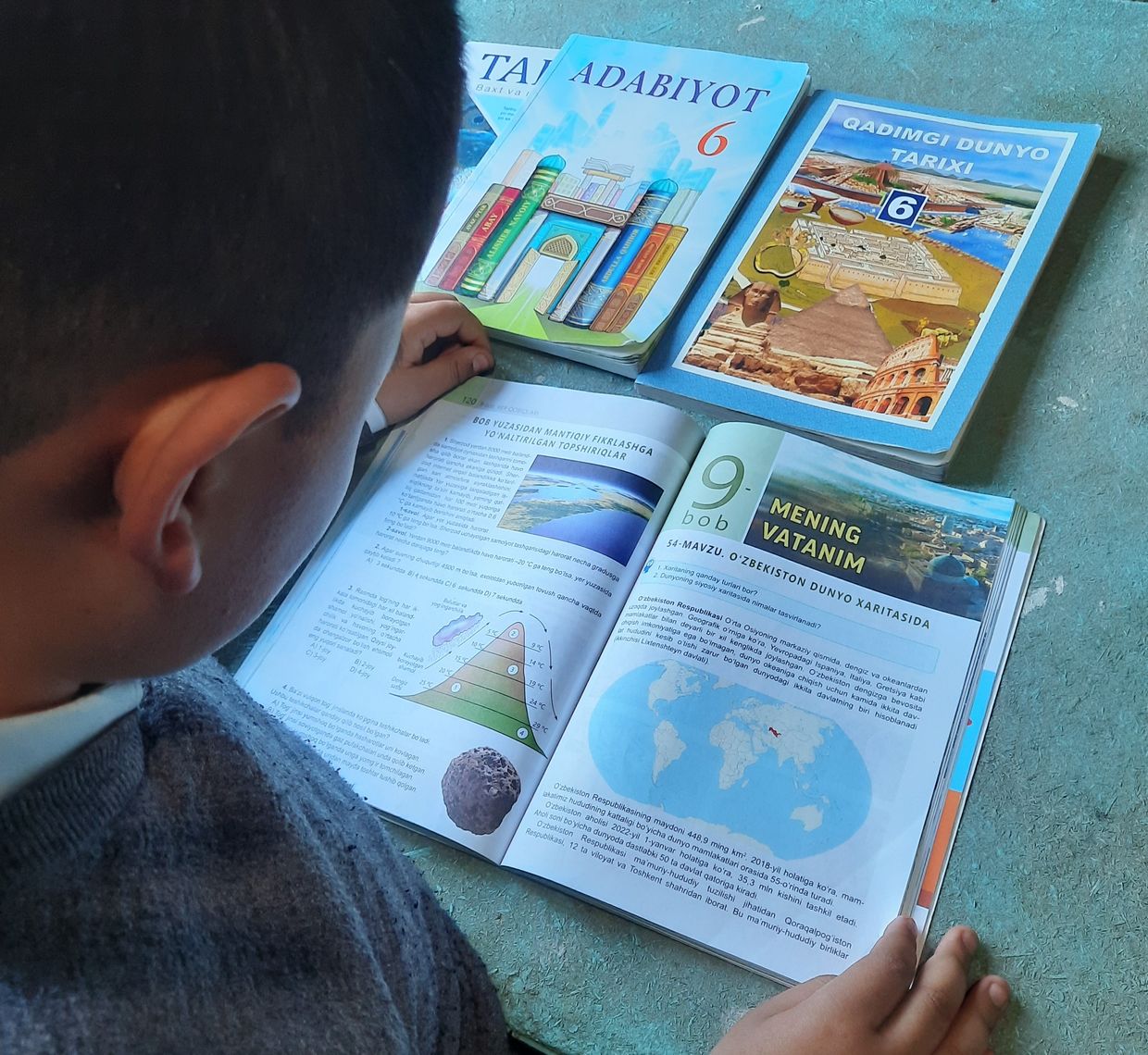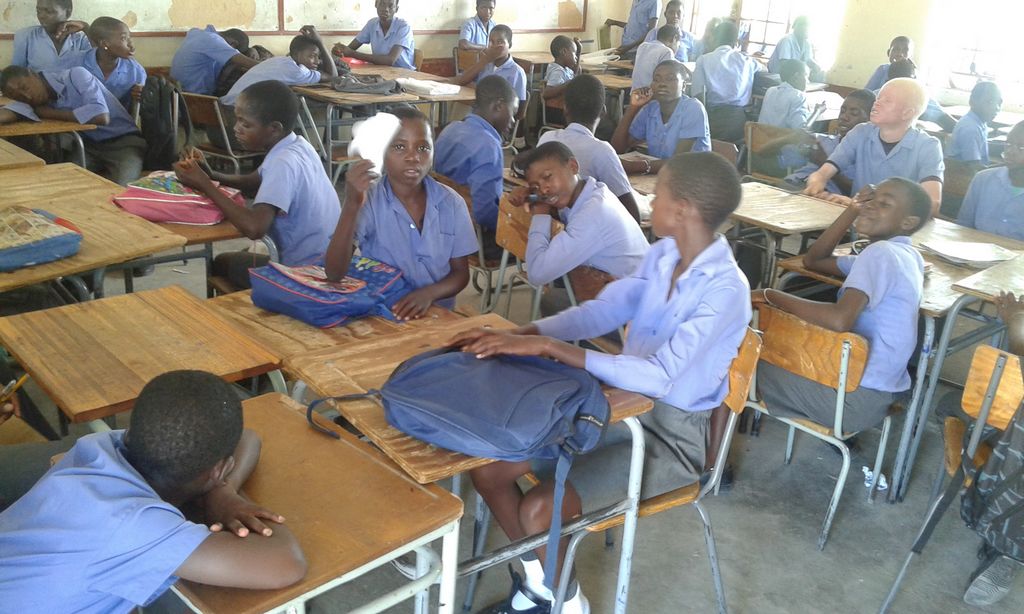Political Economy Analysis of Importing Higher Education: Russian International Branch Campuses in Uzbekistan
This research aims to understand the factors influencing the expansion of Russian university branch campuses in Uzbekistan through a critical discourse analysis of relevant policy documents and interviews with administrators and faculty of branch campuses.
Experiences of post high school youths in rural communities: a collaborative approach to enhancing resilience to attaining tertiary education
The study explores collaborative approaches that can be utilised by the Zimbabwean post-high school rural youths to attain the tertiary education they are failing to get. The study will identify types of networks that may assist in enhancing resilience for rural youths to attain quality tertiary education in the Zimbabwean context.
Understanding the importance of Oral Tradition as an educational tool in the marginalized rural town of Steynsburg, Eastern Cape SA, while exploring the existing indigenous knowledge through stories and songs
Explore and collect indigenous cultural knowledge that still exists in Steynsburg, Eastern Cape Province South Africa to highlight the importance of Oral Tradition as an educational tool for expression and knowledge sharing, investigate this mechanism, reinvigorate its use and investigate how Oral Traditions can contribute towards sustainable and equitable education in contemporary South Africa.
Religion and education in Contemporary Uzbekistan: Religious and Spiritual Challenges in Public Education
The present project attempts to trace and investigate the policy of teaching religion in the system of public education of Uzbekistan through the prism of understanding of teaching discipline in a Muslim society in post-Soviet landscape as “teaching religion” or “teaching about religion”, as well as their connection in the formation of national and Muslim identity.
Coming together: A study of the role of non-state actors in refugee higher education in South Africa
The purpose of this study is to understand the role of non-state actors on refugee higher education (HE) in South Africa.
Language as a form of violence and assimilation: stakeholders’ views of Silozi as a medium of instruction and learning in the Zambezi region of Namibia
This project explores the impact of the current language policy in schools in the Zambezi region of Namibia. Silozi, as a medium of instruction in the Zambezi region, disempowers and marginalises several learners, leading to conflict and other forms of violence to the learning needs of learners.
Forced Displacement and Educational Outcomes: An Assessment of Uganda’s Progressive Education Approach to Conflict-Affected Children (Refugees and IDP Returnees)
This study will be undertaken in Northern Uganda and focuses particularly on how forced displacement impacts the educational outcomes of conflict-affected children. The study intends to explore the difference in educational outcomes between refugees, defined as the displaced person who has crossed the international border to a neighboring country, and IDP returnees, defined as individuals who were forced to flee their home but never leave their country during the conflict and later returned home.
Unfurling the Peacebuilding Roles of Polytechnics Through the 4Rs Framework: A Political Economy Analysis of Polytechnic Colleges in Zimbabwe
This project seeks to unfurl the peacebuilding roles of polytechnic colleges in Zimbabwe through the 4Rs framework and posits a fifth R – reconfiguration.
